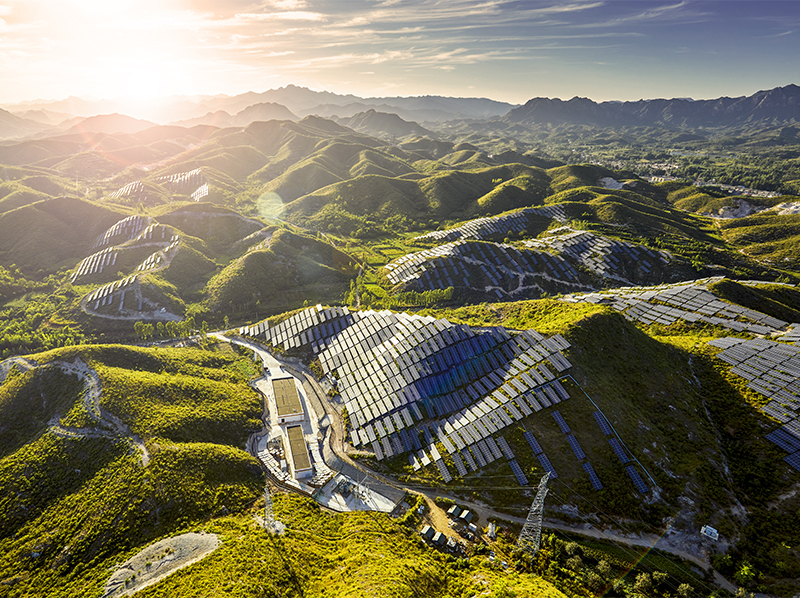
Asia Pacific policymakers need to focus on implementation to improve electrification access in rural populations, according to the United Nations (UN) Economic and Social Commission for Asia and the Pacific (ESCAP) in its latest Asia-Pacific Progress in Sustainable Energy report.
Of the estimated 421 million people across Asia Pacific who lack electricity access, 389 million reside in rural areas. Energy access rates in these areas have stagnated at 83.3 percent since 2012 due to legality and affordability challenges, while urban areas enjoy a near-universal 98.7 percent access.
There are opportunities for public-private and public-civil society partnerships to implement new models, technologies, and approaches to off-grid renewable power systems. For instance, Cambodia and the Lao People’s Democratic Republic have posted some of the region’s most rapid progress through their combined use of grid extensions and broad solar home systems targeted at raising electrification rates in rural communities. Countries such as India have also successfully implemented microgrids for better quality and economically sustainable off-grid power. However, governments will need to address institutional inefficiencies and overlaps, and develop comprehensive, predictable policy frameworks to improve the investment climate.
For more in-depth analysis of Asia Pacific’s progress in sustainable energy, please refer to the full report here.
Credit: The United Nations (UN) Economic and Social Commission for Asia and the Pacific (ESCAP)